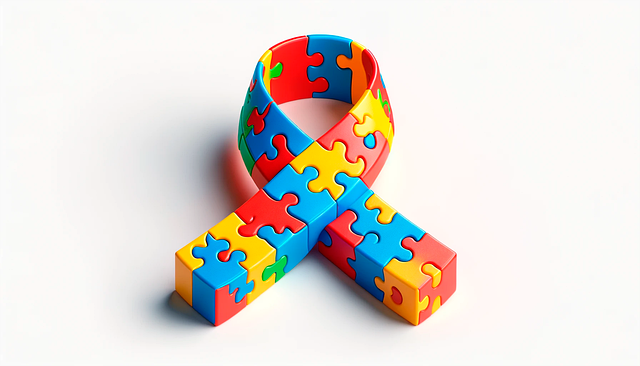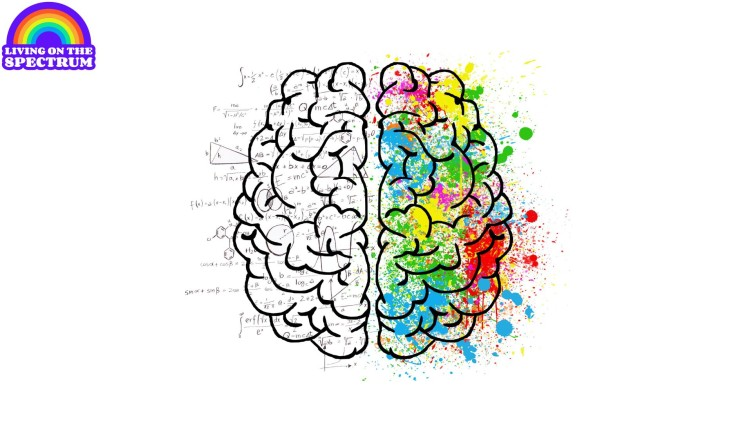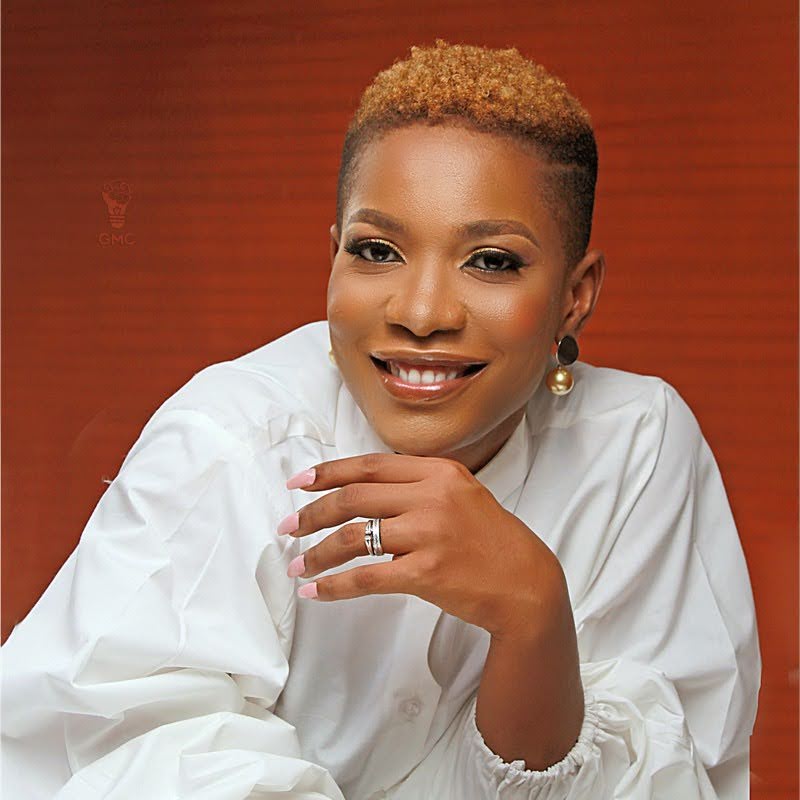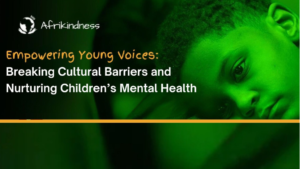
What is Neurodiversity?
”Neurodiversity is a term that frames brain differences as NOT something to be cured, but as something to be embraced as part of human diversity.”
It was coined by Judy Singer, an autistic sociologist. It describes the idea that people learn and interact with the world around them in many ways. It simply explains the unique ways that people’s brains work and the differences in how the brain functions; being a neurodivergent person means having a brain that works differently from the average or “neurotypical” person and the atypical ways of navigating life, interacting with, and learning about the world, is what makes them special. It is important to note that these differences are not viewed as deficits.
Discussing how the Neurodiversity movement began in this article, Judy Singer highlighted the fact that ‘neurodiversity’ is the name of a social justice movement, not a diagnosis.
So rightly put, in her words:
”Neurodiversity is not a classificatory term dividing us from them. We are all Neurodiverse. We live on a Neurodiverse planet in which amoral nature generates endless genetic diversity, while we humans have evolved the capacity to make judgments about nature’s bounty. What Neurodiversity brings us is a challenge to find a place for everyone and to distribute the bounty fairly.”
– Judy Singer
There are different forms of Neurodiversity which include conditions such as autism (including Asperger’s syndrome), dyslexia, dyscalculia, dyspraxia, and ADHD and it is estimated that around one in seven people in the UK are neurodiverse.
Understanding and Celebrating Children’s Unique Strengths
In children, it is manifested through unique ways of thinking, processing information, and interacting with the world, highlighting the diversity of neurological experiences and abilities.
- Autism Spectrum Disorder (ASD): Autism is a developmental condition that affects social communication and behaviour. Children with ASD may have challenges in social interactions and display repetitive behaviours or intense interests.
- Attention-Deficit/Hyperactivity Disorder (ADHD): ADHD involves difficulty sustaining attention, hyperactivity, and impulsivity. Children with ADHD may struggle with focus, organization, and self-control.
- Dyslexia: Dyslexia is a specific learning disability that affects reading, spelling, and writing. It is not related to intelligence, and with appropriate support, individuals can overcome challenges and excel in other areas.
- Intellectual Disabilities: Intellectual disabilities involve limitations in intellectual functioning and adaptive behaviours. Children may require additional support in areas such as communication, self-care, and social skills.
- Dyspraxia (Developmental Coordination Disorder): Dyspraxia affects motor coordination and planning, impacting a child’s ability to perform coordinated movements. Children with dyspraxia may struggle with activities like writing, tying shoelaces, or using utensils.
- Sensory Processing Disorders: Sensory processing difficulties involve challenges in processing and responding to sensory information. Children may be oversensitive or undersensitive to sensory stimuli, affecting their reactions to the environment.
Understanding and embracing neurodiversity promotes inclusivity and encourages tailored support for each child’s unique strengths and challenges.

Understanding Neurodiversity: Dispelling Myths for Parents
As parents, it’s essential to embrace the diversity of minds and abilities within our families. Neurodiversity is a concept highlighting the natural variation in the human brain. There are often certain myths and misconceptions that can affect neurodivergent children. Let’s debunk some common myths to foster a more inclusive and supportive environment:
Embracing Intelligence Diversity
- Myth: Neurodivergent children are either exceptionally gifted or intellectually impaired.
- Reality: Neurodiversity encompasses a broad spectrum of abilities; each child has unique strengths and talents.
Recognizing Varied Social Skills
- Myth: Neurodivergent individuals are socially awkward and incapable of forming meaningful relationships.
- Reality: Our neurodivergent children exhibit diverse social skills, contributing to rich and unique social interactions.
Understanding Neurological Differences
- Myth: Behaviors of neurodivergent children can be easily controlled through discipline.
- Reality: Neurodivergent behaviours often stem from neurological differences, requiring understanding and support.
Appreciating Individuality
- Myth: Neurodivergent individuals should conform to a standardized set of characteristics.
- Reality: Every neurodivergent child is an individual with preferences, strengths, and challenges.
Expressing Nuanced Empathy
- Myth: Neurodivergent individuals lack empathy.
- Reality: Our children may experience and express empathy in diverse and nuanced ways, contributing positively to their relationships.
Addressing Misconceptions Surrounding Neurodiversity in Africa
In Africa, there have been efforts to bring awareness to the continent, but, there is still a long road to acceptance in the continent. Many families with neurodiverse children are often ostracized, with mothers always blamed for the child’s condition. There are a lot of misconceptions and myths about neurodiversity that often lead to stigmatization and discrimination.
Below are a few of the myths about neurodiversity in Africa:-
- Neurodiverse individuals are unable to succeed in life (they are often seen as disabled people or imbeciles)
- Neurodiversity is a mental health condition.
- Neurodiversity only includes autism.
- Neurodiverse people are all alike.
- Neurodiversity is a spiritual problem.
Hey! The reality is:
- Neurodiversity isn’t a child trying to be stubborn.
- It isn’t a child being an ‘OLODO‘ or not being able to learn. ‘Olodo’ is a Nigerian (Yoruba) language that means “a dunce, one who is not intelligent’’.
It just means this child or this person is saying, my brain is different. I don’t see things the way you see them. I can’t do things the way you do them. I’m just different.
It is important to understand and debunk these common myths about neurodiversity to break down any stigmas and offer support to neurodivergent individuals. By challenging these myths, we empower our families to celebrate neurodiversity, creating an environment where every child feels valued, understood, and supported on their unique journey.
Let’s embrace the diversity within our homes and communities, fostering a world that appreciates and accommodates the beautiful variations in our children’s minds.
Empowering Parents, Breaking Myths, and Building Support
Neurodiversity Celebration Week is a worldwide initiative that challenges stereotypes and misconceptions about neurological differences. As part of the Neurodiversity Week campaign, Afrikindness is excited to release a new neurodiversity awareness video series.
These videos aim to provide insight into neurodiversity and to help us all understand the forms of neurodiversity, the challenges and misconceptions, and the support available to parents of neurodivergent children, especially from minority communities. This understanding will help us build empathetic and kind relationships with neurodivergent people.
The video series includes:
- Introduction to Neurodiversity – challenges with the minority community.
- Challenges and Misconceptions around Neurodiversity.
- Different forms of Neurodiversity and how it manifests in people.
- Support available – Embracing Neurodiversity
To watch the full video series please click here.
And click HERE, to access our parent resource materials for Neurodivergent families.

Dr. Vivian Okoye, Parenting Consultant, Certified Child Psychologist, and Research Associate at Afrikindness said: ”To mark the #Neurodiversity week 2023, we are excited to launch this series of videos to help educate and raise awareness on the topic of Neurodivergence. We hope that these series bring you the education and awareness and even signpost you to the support that you need to navigate the realities of living with neurodivergence or raise a neurodivergent child.’’





